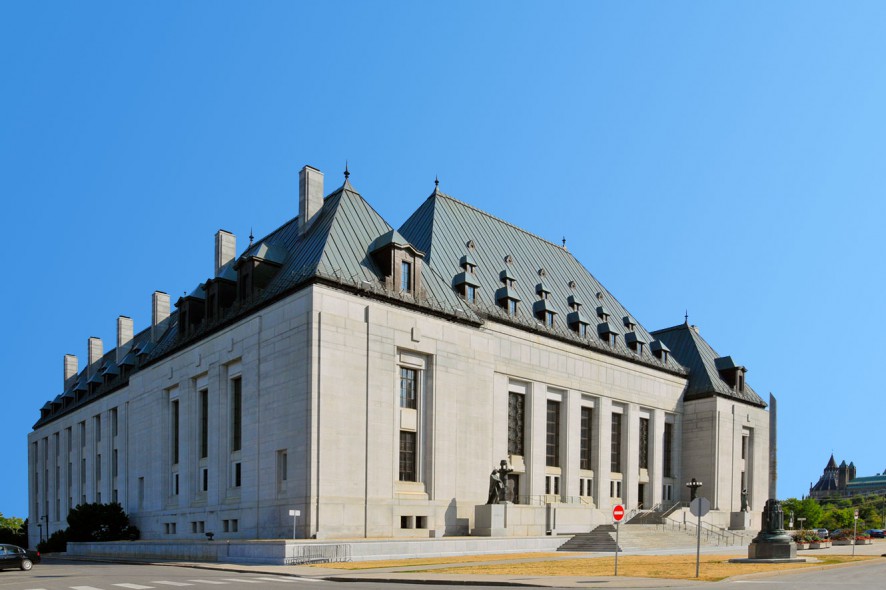Supreme Court of Canada: A five-judge Bench comprising of Wagner CJ and Abella, Côté, Rowe and Martin , JJ. while hearing Crown’s appeal against the decision of Court of Appeals, ruled that in the presence of admitted incriminating evidence on record, Court’s failure to compel a witness to answer a question related to such evidence would not have a bearing on conviction of the accused.
Respondent was convicted at trial of attempting to commit murder, uttering a threat to cause death, breaking and entering a place and committing attempted murder. The trial judge had relied on a few notes found in respondent’s residence, along with other evidence, to find him guilty of these offences. However, in an appeal to the Court of Appeals, the trial court order was set aside. Hence, the instant appeal was preferred by the Crown as a matter of right.
In the trial court, the defence counsel had raised a question to a witness in an attempt to find out as to who had written the two notes found in respondent’s residence. But the witness refused to answer this question. The main submission advanced on behalf of respondent was that the trial judge had erred in the way he addressed witness’ refusal to answer a vital question, and as such his conviction was liable to be set aside.
The Supreme Court, after appreciating the materials on record, noted that since the respondent had subsequently admitted to writing most of the incriminating statements in the notes found in his residence, therefore the trial judge’s failure to take further steps to compel the witness to answer the question put to him did not have an effect on the verdict. It was a proper exercise of the trial court’s discretion in continuing with the main proceedings and leaving the issue of potential contempt proceedings, against the aforesaid witness, for being taken up later in time.
It was observed that even if one assumed that the trial judge had committed an error in his addressal of witness’ refusal to answer the question put to him, any such error did not result in a substantial wrong or miscarriage of justice, and therefore respondent’s convictions were upheld as per Section 686(1) (b)(iii) of the Criminal Code, R.S.C. 1985, c. C-46. The Crown’s appeal was allowed and respondent’s conviction was restored. [Queen v. Alex Normore, 2018 SCC OnLine Can SC 37, decided on 19-10-2018]







